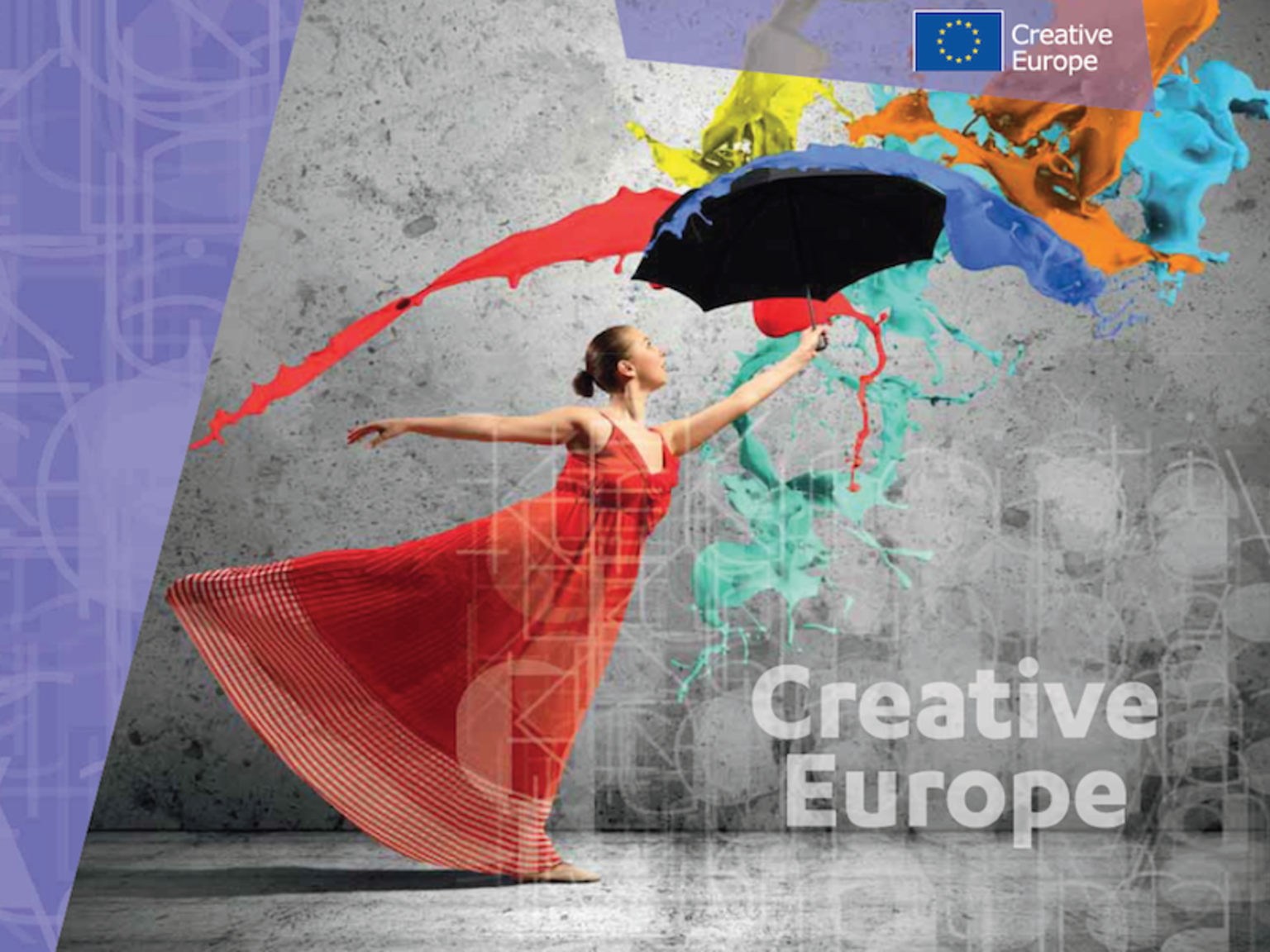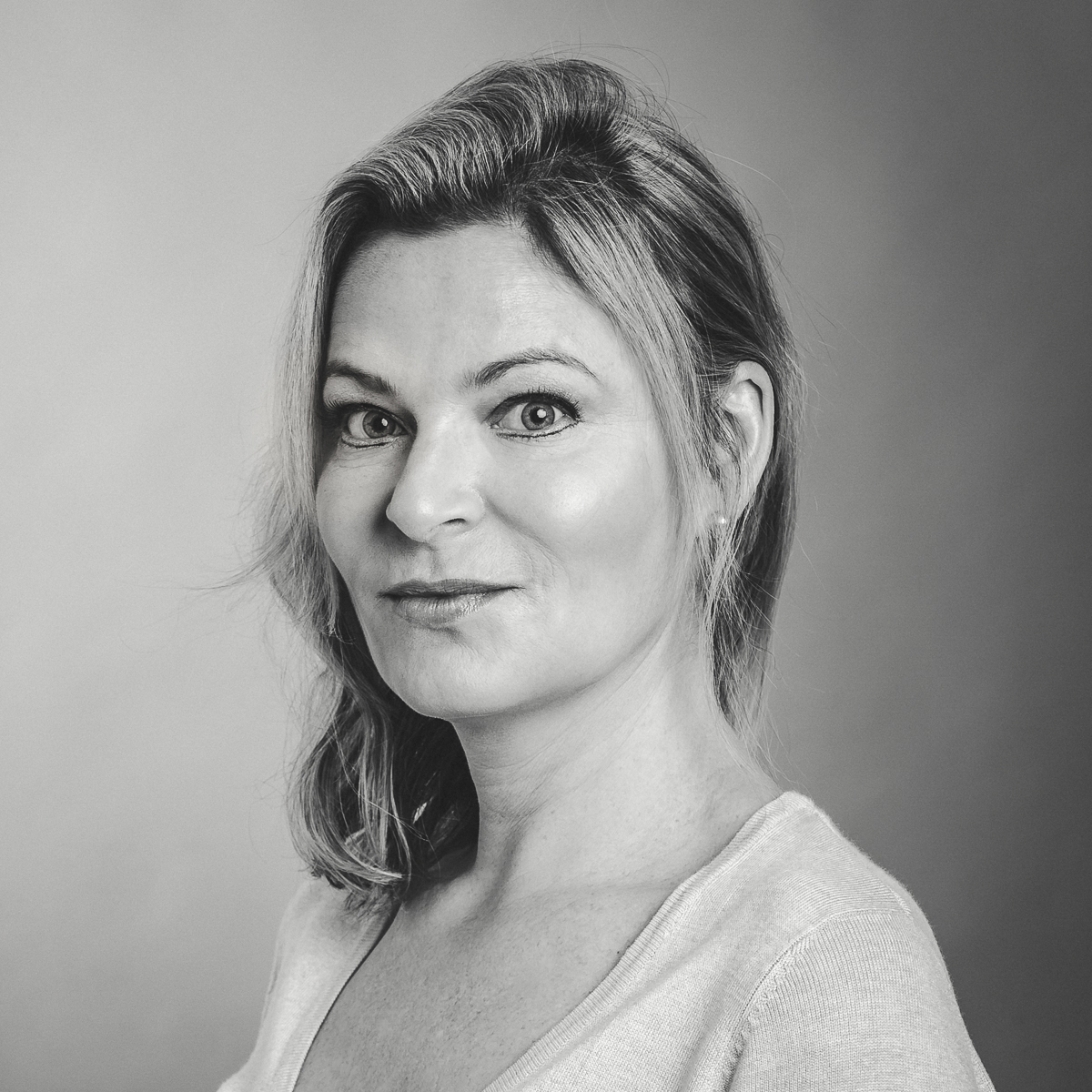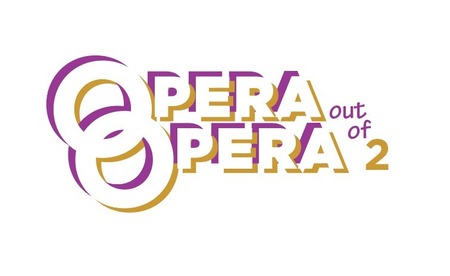
One-Million-Euro Grant to the Academy of Opera
The Academy of Opera has been granted one million euros in collaboration with five other prominent opera institutions in Europe. The aim of their collaboration is to attract a larger audience by letting opera loose from the opera houses.
“All of last summer was spent writing the application to EU – Creative Europe , and we are unbelievably proud and thrilled that it has won through!” enthuses Anna Einarsson, the dean of the Academy of Opera.
The application is titled “Opera Out of Opera (OOoO)”, and the project pertains to developing the art of opera socially, digitally and visually. The funds will be allocated over a three-year period, and the Academy of Opera shall collaborate with the renowned European opera institutions Conservatorio Santa Cecilia Roma (Italy), Universitaet Mozarteum Salzburg (Austria), The EU network Association Européenne des Conservatoires, Académies de Musique et Musikhochschulen AEC Bruxelles (Belgium), State Opera Theatre Leipzig (Germany), Teather of Politecnico do Porto (Portugal).
 “This EU application confirms that KHiO belongs to the upper echelon of opera institutions in Europe,” Einarsson says. “We’re looking forward to this, and we also feel very proud and honoured that the Academy of Opera at KHiO is collaborating with these high-profile institutions in Europe.”
“This EU application confirms that KHiO belongs to the upper echelon of opera institutions in Europe,” Einarsson says. “We’re looking forward to this, and we also feel very proud and honoured that the Academy of Opera at KHiO is collaborating with these high-profile institutions in Europe.”
The project title “Opera Out of Opera” highlights the project’s objective, namely to move opera out of the opera house and make it more widely available. The hope is to recruit a broader audience and perhaps also more performers.
“OOoO focuses on cultivating an audience and on how we can renew opera by combining live electronic, virtual surroundings and animation scenography with traditional elements and ideas – all of this in order to create simple and flexible presentations that can reach a larger and also younger public.”
The EU project shall also create a new, eye-catching smartphone app that allows the public to take part in many of the processes and approaches that in tandem create an opera production.
“Although we want to explore digital elements in opera, it is important to underscore that we have to retain the art form’s basic element and primary attraction, namely the human voice – acoustically and without electronic amplification,” Einarsson clarifies. “This is the very heart of opera and the very craft that opera singers spend several hours on every day in order to perfect themselves.”
Right after the Easter break next year, the leader of the EU project Michelangelo Galeati at the Conservatorio Santa Cecilia in Rome will come to KHiO to discuss the details of the research project for the upcoming three years along with the Academy of Opera.
Read more about the project at KHiO's artistic research database.

![]()